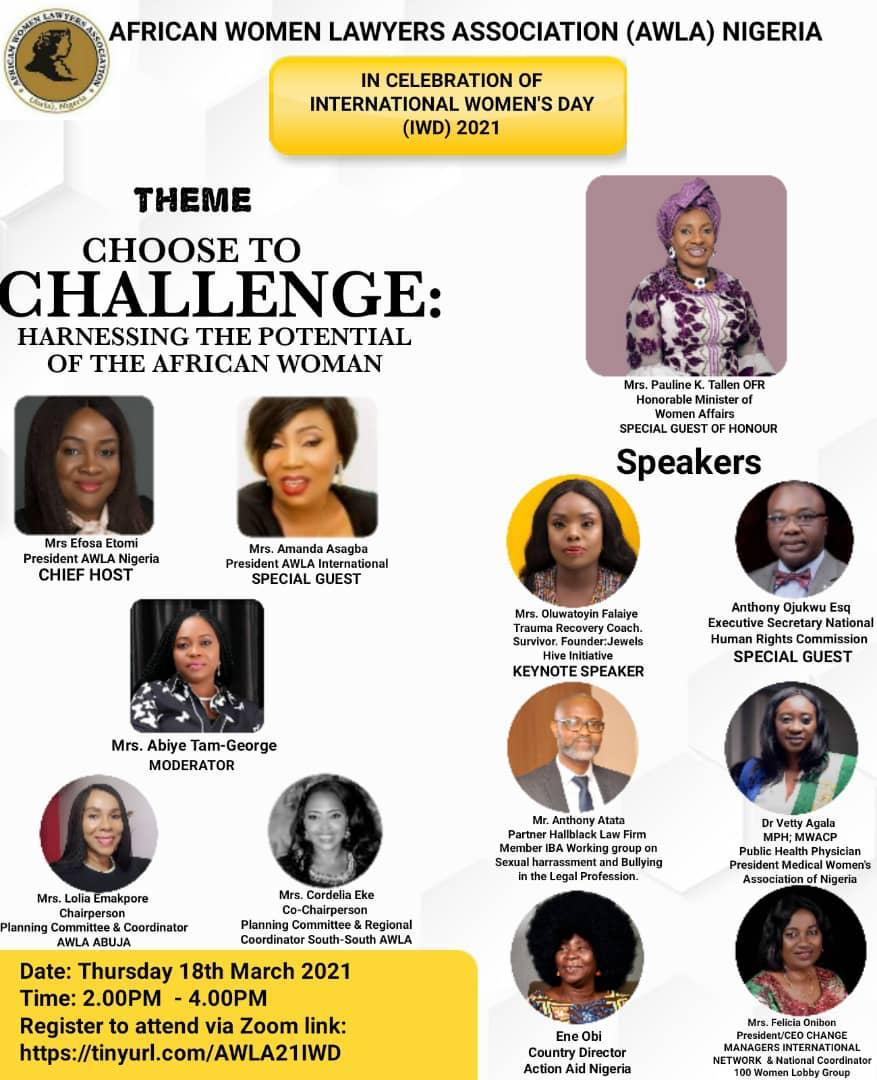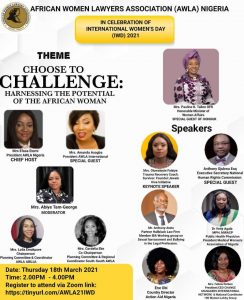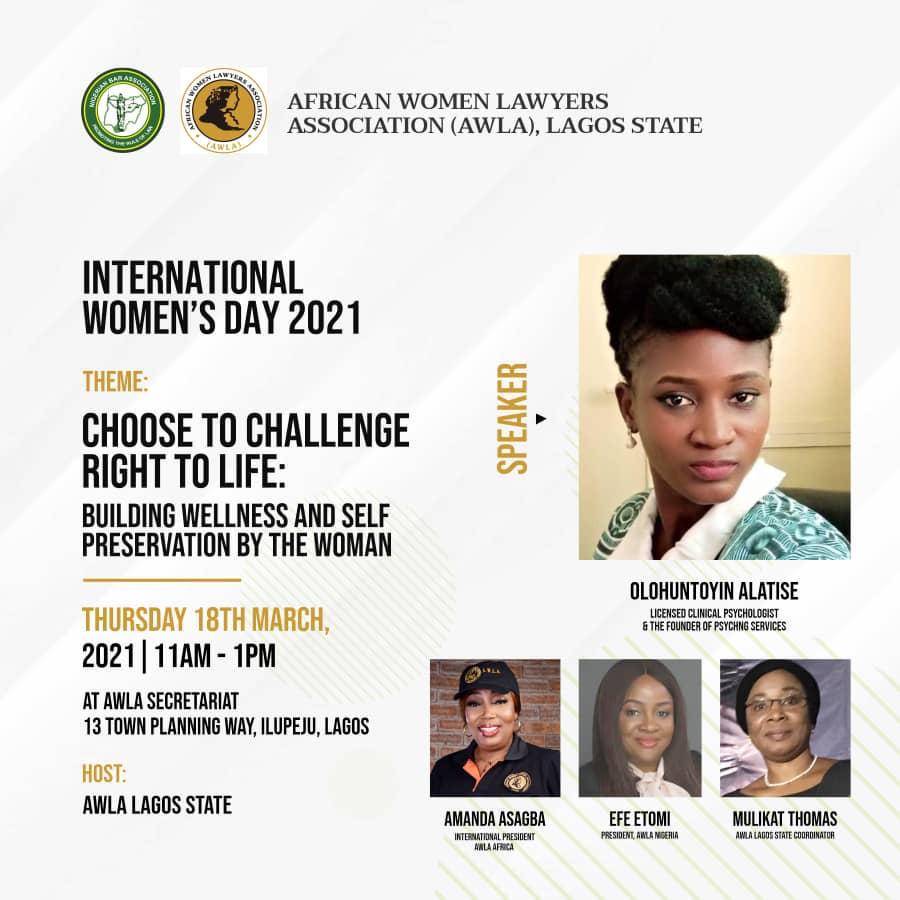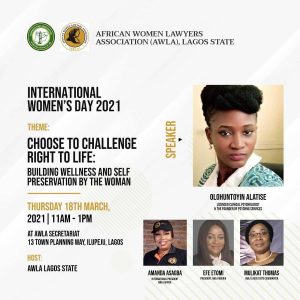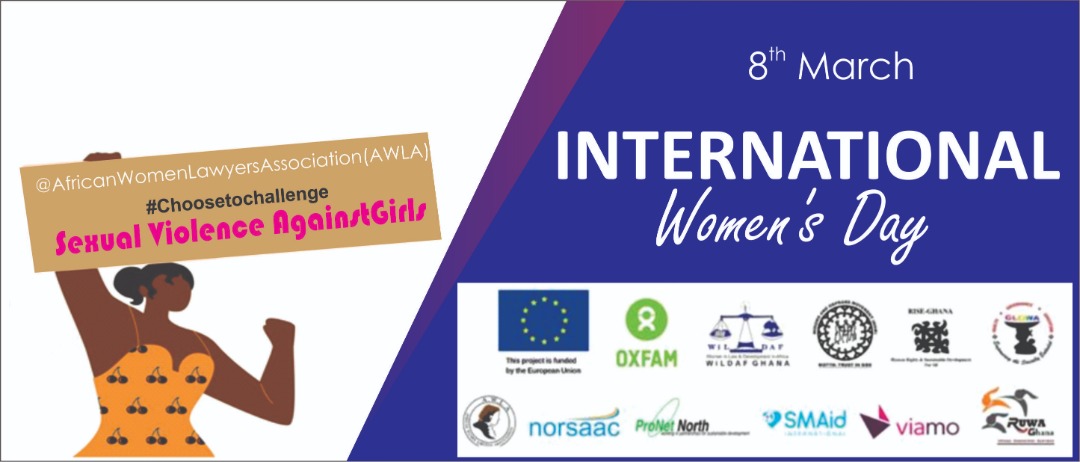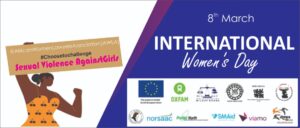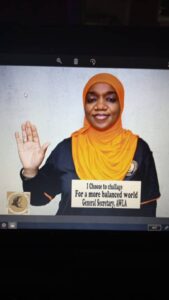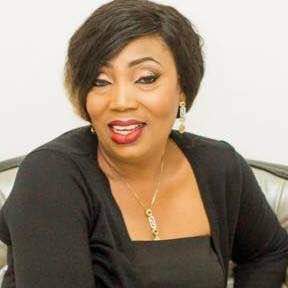
To all the workers in Nigeria I salute your resilience and courage. It takes only the brave and courageous to survive in this country, where workers welfare is nothing to write home about. Let’s take our bravery to a new level and demand what rightfully belongs to us in line with international best practices.
LET’S DEMAND :
Decent work
Access to productive and suitably remunerated work
Safety at the workplace
Social protection for families
Better prospects for personal development and social integration
Freedom for individuals to set out their claims
Freedom to organize and to participate in decisions that affect their lives
Equal opportunity and treatment for all men and women – Inclusion of people living with disability
Protection and sustenance of our national wealth and integrity
YES, Decent work is not just an objective, it is a means of achieving the specific targets of sustainable development.
The four pillars of the Decent Work Agenda as stated by the UN are employment creation, social protection, rights at work and social dialogue – these are the focus of the new Sustainable Development Agenda 2030 . Goal 8 of the 2030 Agenda calls for the promotion of sustained, inclusive and sustainable economic growth, full and productive employment and decent work for all.
Let’s be deliberate and intentional about this.
God bless and protect the Nigerian Workers as you focus on enthroning Decent Work for Nigerians.
“And your ancient ruins shall be rebuilt; you shall raise up the foundations of many generations; you shall be called the repairer of the breach, the restorer of streets to dwell in”. Isaiah 58:12.
God bless you all!
AWLA President
Mandy Asagba
INTRODUCTION
This is to commemorate year 2020 International Day of the Girl Child.
For a raised voice to excel, be powerful and very effective, it has to contain certain crucial elements. It’s no wonder therefore that not every raised voice excels. How therefore, can the voice of the girl-child be made effective so that when raised, it can excel?
Here are four essential wisdom pillars, I believe if wisely activated and utilised, would remarkably transform the voice of the girl-child and make her highly successful in her endeavour.
The Four Wisdom Pillars.
- AWARENESS: An effective voice must be fully conscious and possess relevant knowledge:
- The Girl child must know (who she is), that she is a human being and very special one.
- She must be conscious of her environs and society; She must know her rights and know they would be infringed upon.
- She must know what to do whenever those rights are trampled on.
- She must learn and know how to rightly defend herself.
- She must be aware that most of the time, silence is a killer; that to be silent could be tragic.
- CLARITY: The effective voice must be clear.
- She must have clarity of mind, clarity of pursuit and clarity of purpose.
- She must say what she means and mean what she says.
- RESPONSIBILITY:
- The effective voice is responsible, focus, studious and is determined to excel.
- The effective voice responds appropriately, behaves responsibly and is not afraid to seek justice, take-up important duties, or face challenges!
- COURAGEOUS: The effective voice is courageous.
- She must courageously pursue challenging dreams and aspirations; takes on uncommon academic pursuits despite discriminations and gears up to change negative narratives about her gender.
- She must be courageously innovative; seeks to be technologically savvy, have the courage to say ‘NO!’ to abusers, sexual predators and discriminations of all kinds.
AWARENESS/ KNOWLEDGE
Some prevalent issues of which the Girl-Child must have knowledge:
Gender-based Violence: This is violence directed against a person because of their gender. Below are the ways It Affects The Girl Child:
Sexual Violence: Any sexual act involving a girl-child (with or without her consent) is unlawful. Sexual violence takes the form of rape, sexual assault, defilement etc
Psychological Violence: This can take the form of, coercion, verbal insult, intimidation or harassment.
Economic Violence: Any act or behaviour which causes economic harm to the girl Child. Economic violence can take the form of, resisting the girl child rights to education or her right to be paid where she’s trading to earn a living.
Cultural Oppression: This includes; Child Marriage, Body shaming, FGM –Female Genital Mutilation- Female circumcision is a violation of girls human rights.
Gender Discrimination-prejudicial Treatments: This includes inequalities of all kinds and all kinds-of stigmatisation.
“Injustice anywhere is a threat to justice everywhere.”– Martin Luther King.
CLARITY
The human voice is an integral part of our humanity. It is an actively visible emblem that must be lawfully, maximally and personally utilized for each of us to excel. It is why clarity is so important. Having the capacity to project appropriate sounds at the right time can make a critical difference in the way a human, adult or child is perceived and treated. Sometimes, it makes a difference between life and death!
For instance, there are many ways in which ‘NO!’ can be said ineffectively. To prevent abuse on your person, you must learn to say ‘No!’ appropriately. Do not say, “No!” vaguely or insufficiently. Do not say it shyly. Do not say it giggling! Firmly reject the act that makes you uncomfortable, even if such act is from a family member.
- Say it loudly. Repeat it again and again.
- Shout it out and mean it! Be assertive! Then follow up with Actions. Reject the act of abuse, walk away and run away from the scene.
- Tell somebody about the abuse. Swiftly gets support as early as possible.
Make it an habit to report abuse of any kind. - You cannot practise this too often enough. Shout. Do not be afraid to speak out!
RESPONSIBILITY
BE Responsible. One very good way to be responsible in attitude is to focus on your studies and Avoid Broken Focus.
Today, many challenges betide the girl child. Practically, it seems the odds are against her. This we see in the increasing statistics on Teenage pregnancy and the waning good morality in our society.
Consequently, we have more sexually charged atmosphere and increase in criminal activities. More than ever before, the environment is dangerous to the girl child.
Unfortunately, by her attitude, she seems to have resigned to becoming much less of what she is created to be.
Broken focus is caused by the force of distraction. Distraction arises when a person is captivated by things that distract the mind from focusing on the most important mission at hand. For instance, the following would break the focus of the girl-child.
- The Social Media.
- Distractions from opposite sex/gender.
- Peer competition and pressure–to impress the opposite sex in class/ school.
- Inappropriate relationships – leading to sexual and criminal activities.
Premature Sex.
Use your school time only to learn rather than doing rubbish like passing love notes. Concentrate on your studies, getting all the education you need. Broken focus will kill your dreams. For me, seeing the death of the lofty dreams of a girl-child is as sad as burying a loved one.
You have greatness in you. You have tremendous potential! You were not born to waste your sweet smelling fragrance on the desert air. You were born to realise your full potential.
BE COURAGEOUS
- It takes courage to uphold high moral values regardless of the shifting cultural mores.
- Breaking the gender barriers because you’re determined to succeed despite the odds is tremendously courageous.
- Speaking out against any form of injustice is courageous.
- Doing right when you are told to do wrong, is absolutely courageous.
As a girl-child, you must learn to discern:-
- When an instruction is working against the values you have been taught.
- When an instruction has the potential to do more harm than good.
- And when what you are told to do demeans your dignity, makes you uncomfortable and distorts good values and good morality.
The above are but few of the essential wisdom pillars that would transform and make the girl-child excel in all her life’s endeavours. Activating them will give her a good start to raise an effective voice in any society. Practising them doggedly will eventually enable her to excel maximally. This will ultimately bring her honour, confidence and respect.
11th October 2020.
©Tejumade A. Sijuwade-Oke, Esq
Legal Practitioner.
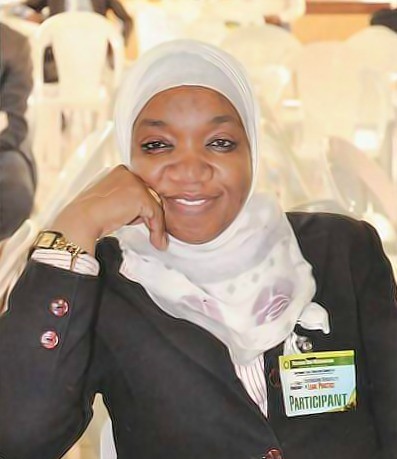
The Acting President of the African Women Lawyers Association, AWLA, Nigeria, S. Adepeju Oduye-Quadri, has reiterated the need to maintain the tempo in the struggle for quality rights for girls in Africa.
Mrs. Oduye-Quadri, in a statement on Sunday, stated that “Every October 11 the world observes the International Day of the Girl Child in accordance with the UN declaration of 2011 that October 11 should be specifically observed as the international day of the girl child. Therefore it has now become a day to celebrate the uniqueness of the girl child as well as amplify the unique challenges the girl child is facing on a daily basis.
“The theme for this year 2020 is My Voice, Our Equal Future and it addresses the global call to action that we should:
- Improve the lives of girls and aspire to make their lives better wherever we are.
- Increase the need for girl activism.
- Demand for laws to free the girl child from sexual and gender based violence, including the removal of cultural, social, educational and economic obstacles that are impeding their wellbeing and progress.
- In line with the aims of the 2030 Agenda for the SDGs that we should leave no one behind, it calls for a reflection and commitment on our responsibilities towards the girl child. For we are all stakeholders for the girl child. The Beijing Platform For Action also recently listed the protection of the girl child as one of the twelve (12) main areas of concern.
“In view of this, AWLA Nigeria therefore is calling out for a positive change in this regard, We must continue to strive to protect and preserve the rights and interests of our girls. The focus should be to generally secure the human rights of all girls even in this period of COVID-19 pandemic which exposed them to various challenges. Girl – child rape, defilement and abduction is still on the increase. It has become a scourge and the girl child is no longer safe. That is why the theme for this year is apt. let us raise our voices against the challenges they face so they can be safe and in turn, they will have the opportunity to excel now and in the future. Thank you all.” Oduye-Quadri said.
Background
In 1995 at the World Conference on Women in Beijing countries unanimously adopted the Beijing Declaration and Platform for Action – the most progressive blueprint ever for advancing the rights of not only women but girls. The Beijing Declaration is the first to specifically call out girls’ rights.
On December 19, 2011, United Nations General Assembly adopted Resolution 66/170 to declare October 11 as the International Day of the Girl Child, to recognize girls’ rights and the unique challenges girls face around the world.
The International Day of the Girl Child focuses attention on the need to address the challenges girls face and to promote girls’ empowerment and the fulfilment of their human rights.





